Professional Master of Science in Environmental Engineering

学历文凭
Professional Masters Degree

专业院系
Environmental Engineering

开学时间

课程时长

课程学费

国际学生入学条件
Applicants must:
Hold a baccalaureate degree from an accredited college or university, or have done work equivalent to that required for such a degree.
Show promise of ability to pursue advanced study and research, as judged by the student’s scholastic record.
Applicants to programs in the College of Engineering and Applied Science must have a 3.00 (3.00=B) undergraduate grade point average.
All international applicants are required to meet a minimum standard of English proficiency.
Paper-Based TOEFL - 537
Internet Based TOEFL - 75
IELTS - 6.0
IDP—雅思考试联合主办方

雅思考试总分
7.0
- 雅思总分:7
- 托福网考总分:100
- 托福笔试总分:600
- 其他语言考试:Duolingo - 120
CRICOS代码:
申请截止日期: 请与IDP联系 以获取详细信息。
课程简介
相关申请
 预科
预科 奖学金
奖学金 实习机会
实习机会 在校学习
在校学习 跨境学习
跨境学习 校园授课-线上开始
校园授课-线上开始 在线/远程学习
在线/远程学习
开学时间&学费
学费信息仅供参考,请与IDP联系以获取详细信息
| 开学时间 | 时长 | 学费 | 地点 |
|---|
学校排名

世界排名124
数据源:
泰晤士高等教育世界大学排名
关于科罗拉多大学博尔德分校

科罗拉多大学波德分校成立于1877年,是落基山地区优秀的综合性研究型大学,该校的自然科学、工程学、商务、法律、艺术、人文、教育、音乐等学科尤为突出。科罗拉多大学波德分校校园景色壮观美丽,吸引了一流的师资和来自世界各自的莘莘学子,共同构建了一个充满活力的校园环境。科罗拉多大学波德分校距离卡罗拉多州首府丹佛仅30英里(48公里)只需短程驾车便可达到美国发展最快的城市之一。由于临近丹佛,科罗拉多大学波德分校也接近许多主要的文化圣地、有许多实习和工作机会。学校附近的实习和工作单位:IBM、波音、谷歌。科罗拉多大学波德分校是久负盛名的“美国大学协会”的34 所公立大学之一,是一所具有卓越学术和尖端科研的美国顶级高校。该校强大的校友网、与龙头企业密切合作、高排名的学术成就、丰富的校园及社区活动为学生学业及未来职业发展提供了无限机遇。
本校相关课程
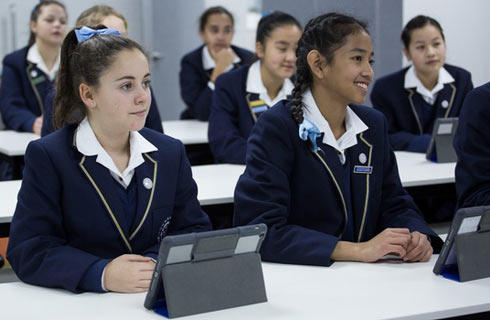
戏剧与表演研究哲学博士
学历文凭
Ph.D.
开学日期
课程费用总额

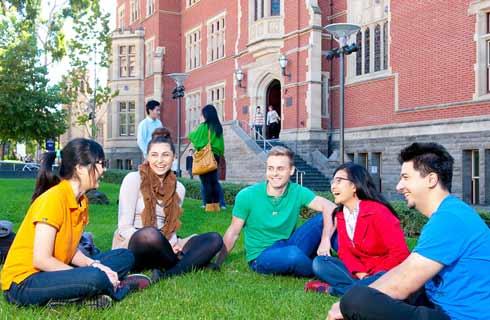
戏剧和表演研究文学硕士
学历文凭
Masters Degree
开学日期
课程费用总额

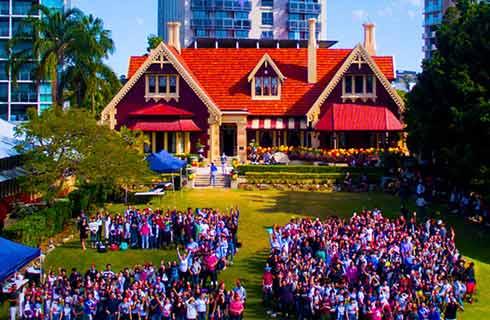
工商管理硕士/电信科学硕士
学历文凭
Double Major Degree
开学日期
课程费用总额

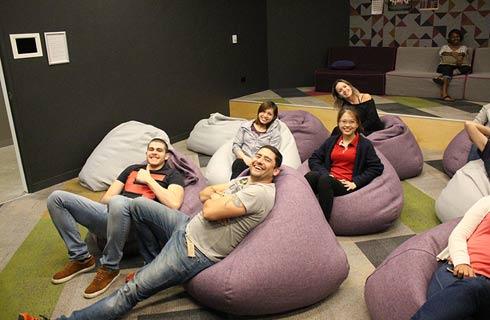
技术,媒体与社会哲学博士
学历文凭
Ph.D.
开学日期
课程费用总额


技术,媒体和社会科学硕士-创意技术和设计(CTD)
学历文凭
Masters Degree
开学日期
课程费用总额


听力学博士学位
学历文凭
Ph.D.
开学日期
课程费用总额

其他相关课程

环境工程应用科学学士学位
 滑铁卢大学
滑铁卢大学学历文凭
Bachelor Degree
开学日期
课程费用总额


环境工程应用科学硕士
 达尔豪斯大学
达尔豪斯大学学历文凭
Masters Degree
开学日期
课程费用总额

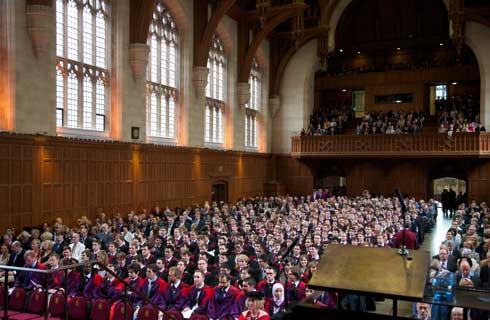
环境工程学硕士
 达尔豪斯大学
达尔豪斯大学学历文凭
Masters Degree
开学日期
课程费用总额


环境工程技术文凭
 萨省理工学院
萨省理工学院学历文凭
Bachelor Degree
开学日期
课程费用总额

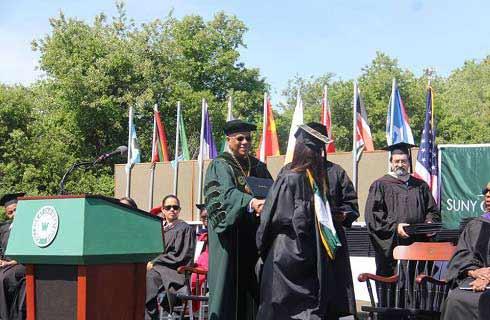
替代能源技术文凭
 北阿尔伯塔理工学院
北阿尔伯塔理工学院学历文凭
Bachelor Degree
开学日期
课程费用总额

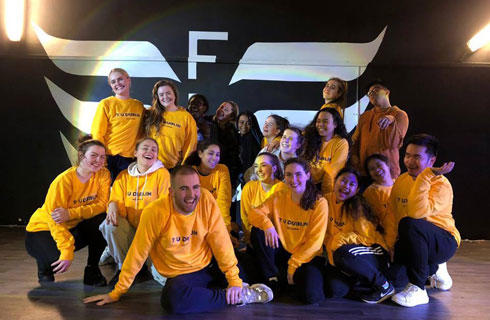
环境工程学硕士
 渥太华大学
渥太华大学泰晤士高等教育世界大学排名:188
学历文凭
Masters Degree
开学日期
课程费用总额










 美国
美国